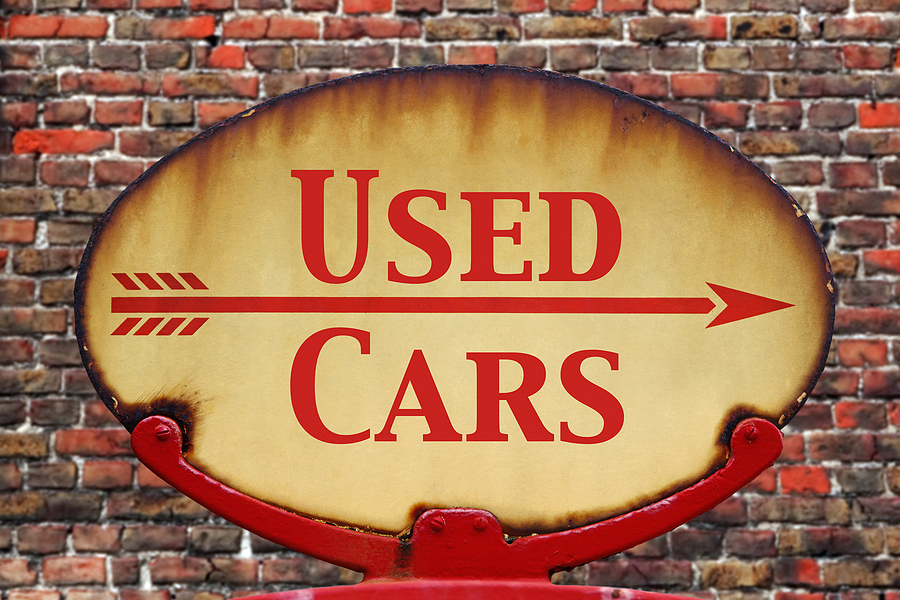August 15, 2024
Overselling Doesn’t Sell
A few weeks ago, I experienced one of the worst phone interviews I've ever conducted. No sooner had we exchanged pleasantries than the candidate launched into a hard sell. It was an awkward and stilted recitation of the reasons he was the perfect man for the job. It felt like getting pitched by a used car dealer.
The hard sell had the opposite of its intended effect, because it immediately scuttled his candidacy. Why? Consider these reasons:
First, he didn't know anything about my client or the job. How could he know if his background were a perfect fit? His approach was inappropriate and utterly tone deaf.
Second, given he didn't know anything about the situation, how could he know if he even wanted the job? His lack of interest in the particulars made him appear desperate.
In summary, he came off as a terrible salesman who was willing to take any job that provided a paycheck. Those aren’t the kind of people my clients pay me to find.
For candidates, calibrating the right balance of buying and selling can be tough, especially when they are anxious to land a new position. Acting too much like a buyer can make the candidate seem disinterested or arrogant, and acting too much like a seller can make the candidate appear desperate.
What's the right balance? As a recruiter, I get worried when candidates don't ask questions about the company, its growth prospects, its products, and the hiring manager. Without such basic information, how could a candidate know if he wants to invest time in learning more?
